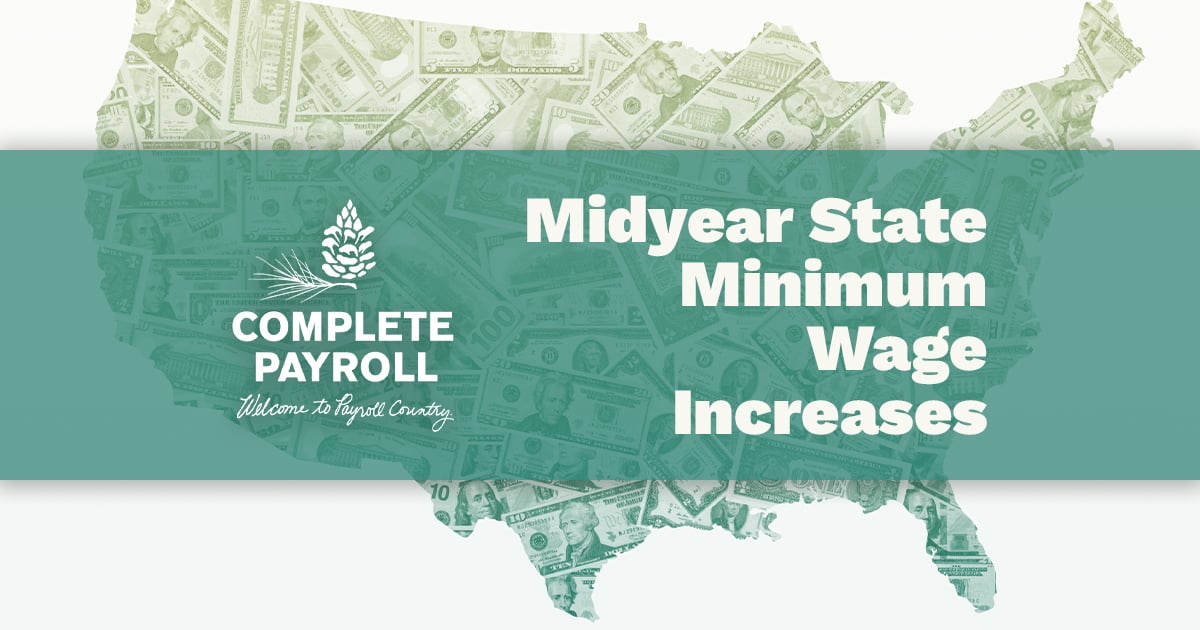Federal Ministerial Exemption
Overview of the Law
Some church employees, particularly clergy and pastors, may qualify for the ministerial exemption. This would make them exempt from both minimum wage and overtime requirements.
Unfortunately, there is no hard and fast rule for when this exemption will apply, but the Supreme Court has supported the “functional approach” taken by a number of Courts of Appeal. The functional approach focuses not on the percentage of time spent on secular versus religious activities, but rather on the role played by the employee in conveying the church’s message and carrying out its mission. If the employee plays an important role as an instrument of the church’s religious message or leader of worship, they will likely qualify for the exemption.
Teachers in religious schools may or may not qualify for this exemption. However, if they do not it is still very possible that they are exempt white-collar employees who are not subject to the minimum salary for exempt employees or the salary basis pay requirement. See the Professional Exemption for additional information on teachers.
The Fair Labor Standards Act (FLSA) establishes minimum wage, overtime pay, recordkeeping, and youth employment standards affecting employees in the private sector and in Federal, State, and local governments. Read the basic requirements of the FLSA here.
Got a labor law question?
Our team helps employers with labor law compliance every day. Complete the form below to ask a question or request some help.
General Disclaimer
The materials and information available at this website and included in this blog are for informational purposes only, are not intended for the purpose of providing legal advice, and may not be relied upon as legal advice. The employees of Complete Payroll are not

















